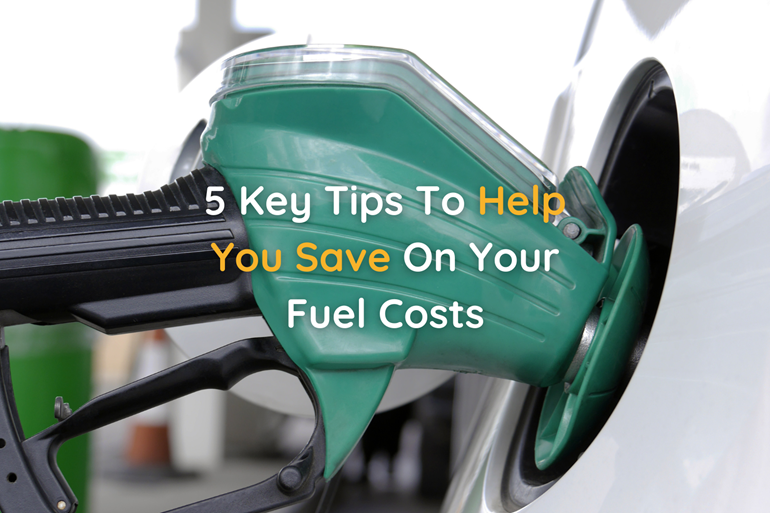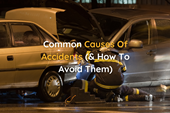
5 Key Tips To Help You Save On Your Fuel Costs
As so many of us have been working from home this last year or so, it has no doubt worked wonders for your fuel bills. But with more and more places starting to come back out of lockdown, and life showing glimpses of returning to something approaching normality, longer journeys are going to be more common. You may not even be commuting anymore, but your day to day journeys, shopping, and longer trips will still require venturing out.
Fuel is expensive, and has been for a long time, so what can you do to help keep your fuel bills as low as possible?
1. Take extra weight out of your car
Most people don't realise just how much extra weight they're carrying in their car at any given moment. It's always the temptation to just throw something in the boot and forget about it, or keep it there "just in case". The reality is, however, that most of the things you think you need, you actually never do. So one of the first things you should be doing is going through your vehicle, and taking out everything you don't need.
It's a good idea to keep a small emergency kit in your vehicle, containing things like a lightweight coat, reflective vest, and some other breakdown essentials, but there's no need to carry a carful of heavy things with you everywhere you go, as it costs a lot of fuel.
"The gentler you are with your inputs, the less stress your engine is under and the less fuel you're going to be using on your journeys. "
2. Accelerate more gently and brake less
A heavy right foot is going to cost you at the pumps, so start thinking about pulling away more gently if you want to save fuel. You shouldn't need to gun it just to get your car moving from the lights. In many cases, it's a false economy as you don't even actually move any faster. The gentler you are with your inputs, the less stress your engine is under and the less fuel you're going to be using on your journeys.
Practice planning ahead too, to anticipate things before they happen. This means you won't be pressing the brake so much. When you brake, you need to throttle to get going again. Planning ahead lets you keep that all-important momentum, which saves fuel.
3. Use your gearbox to help you where possible
When you're driving along, using your gearbox can actually save you a considerable amount of fuel. When you see the need to slow down, rather than stabbing the brake, instead, change a gear down. This will raise your revs and cause your vehicle to slow down. This is called engine braking, and when done right, it should help you avoid using your brakes too much, then having to apply more throttle to speed up.
This can apply whether you have a manual or an automatic car. With a manual, it's much easier to change your gears as you want to, but even if you have an automatic, most will allow some manual control over the gears to help you use engine braking more.
4. Think about changing your tyres for efficiency
Tyres can make a big difference when it comes to fuel economy. When you're browsing for tyres, most will have an economy rating, which is centred mostly around their rolling resistance to the road. The less resistance, the better the fuel economy, as your engine doesn't have to work so hard to get your car down the road. This can be balanced with other important elements, such as grip and weather rating.
If you want to take the sting out of buying new tyres, you should think about taking out a tyre insurance policy. In the event your tyres are damaged, you'll be able to claim some money to make replacing them more affordable than it would be otherwise.
5. Keep your tyres at the correct pressure
Another key thing to do with your tyres is to ensure they're inflated properly. Tyres that are under-inflated will increase that rolling resistance, meaning you use more fuel. Aside from fuel-saving, it's important to keep your tyres inflated properly to ensure your vehicle is as safe as possible to drive. Under-inflated tyres can compromise your handling, and overinflated tyres risk a blowout.
These five simple tips should be enough to help you start saving money on your fuel bills as you transition back into more regular car journeys. With a few simple changes, such as tyre insurance offered by Direct Gap, you can start making key savings at the pumps.












